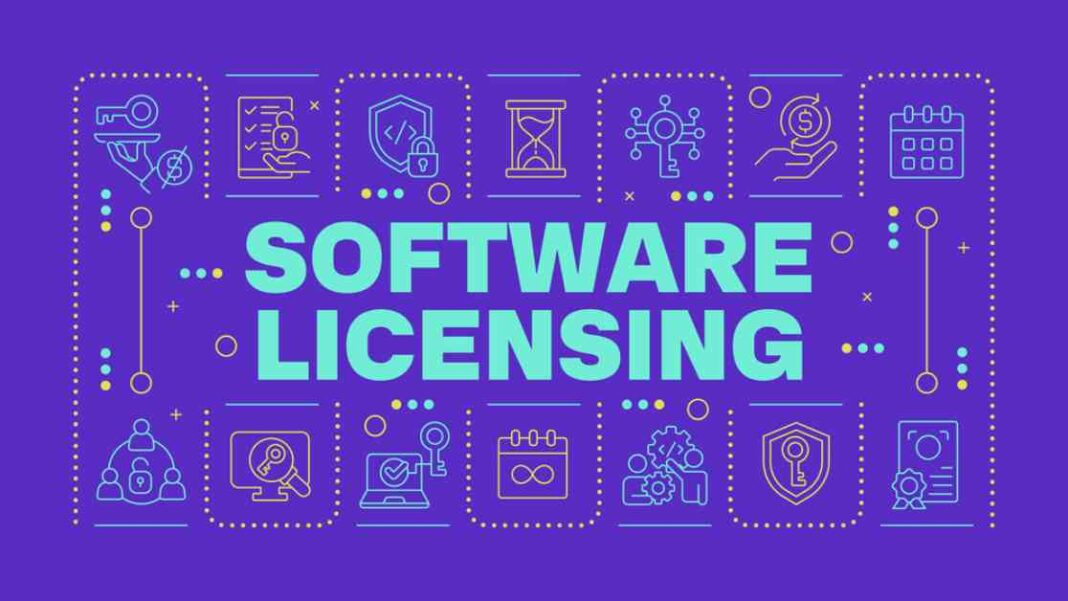Artificial Intelligence (AI) is revolutionizing the software industry, offering enhanced functionality and features. However, with these advancements come complex legal considerations for parties entering into software license agreements. Developers and licensees must be vigilant in negotiating clear agreements that address the unique aspects of AI-powered software to avoid costly disputes and unexpected liabilities.
When it comes to licensing AI software, there are two common types that parties need to be aware of: software products utilizing third-party AI services and software products leveraging custom-built AI. Each type presents its own set of strategic considerations and risks, including issues related to intellectual property rights, data privacy, security, and evolving legal landscapes.
In the case of software products that incorporate third-party AI services, companies often rely on tech giants like Microsoft, Google, and Amazon to enhance their offerings. While this can lead to compelling features, it also introduces risks related to errors or damages caused by the third-party AI, data privacy and security vulnerabilities, and intellectual property considerations.
For instance, a healthcare software company using a third-party AI model for medical image analysis could face liabilities if the AI misclassifies images, leading to unnecessary procedures. Additionally, data privacy breaches resulting from vulnerabilities in third-party AI services could expose companies to regulatory penalties and legal action.
On the other hand, software products that rely on custom-built AI solutions provide more control over features and data access. However, the party responsible for maintaining the AI infrastructure faces risks related to data governance, system integration, and product quality. Gatekeeper responsibilities, service level agreements, and performance guarantees are crucial aspects to consider when licensing custom-built AI software.
To mitigate risks associated with licensing AI software, parties should follow best practices such as rigorously testing AI services, negotiating strong indemnification terms, and clearly articulating IP ownership rights. For software utilizing custom-built AI, responsibilities for data protection, security, and performance should be explicitly outlined in the license agreement.
As the use of AI in software becomes more prevalent, disputes over licensing terms are likely to increase. It is essential for software vendors and licensees to understand the legal implications of AI technology and proactively manage risks to ensure safe, reliable, and ethical use of AI in software products. By addressing these considerations upfront, parties can avoid costly litigation and safeguard their business interests in the evolving landscape of AI-powered software.















